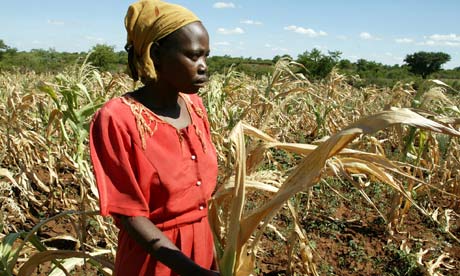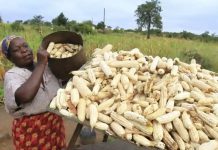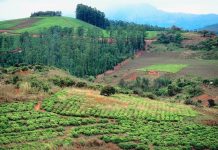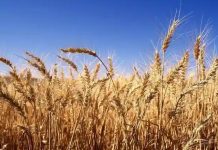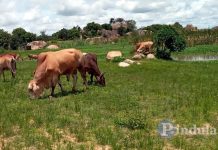Zimbabwean farmers should start growing smaller, naturally drought-tolerant grains such as sorghum and millet to ensure the country’s food security in a time of persistent drought, the World Food Programme (WFP) country director Eddie Rowe said.
In an interview with the Daily News, Rowe said because of the inconsistent rainfall patterns, farmers must immediately start growing alternate grains for food, cash and to improve their resilience to harsher weather conditions that have made the staple maize an increasingly risky crop.
Rowe’s remarks come as the Meteorological Services Department forecast that the 2018/2019 season would be characterised with below normal rainfall.
“The most glaring impact that we are seeing is that 80 percent of Zimbabwe is engaged in rain-fed agriculture, and so any climatic impact would have devastating effect on productivity and that’s what we are seeing now. More farmers should take up farming of small grains like sorghum and millet,” Rowe said.
“Most of the rural areas have not received adequate rainfall to enable them to cultivate the staple maize and that has a ripple impact on the urban population because almost 80 percent of food in the towns is produced in the rural areas.
“If we do not have production there, there would be high food prices in the urban areas because we would have to rely on imports of food commodities which would triple,” Rowe said.
He said the WFP was aware that farmers do not like eating sorghum, but they can get an income from the sales to buy their maize

